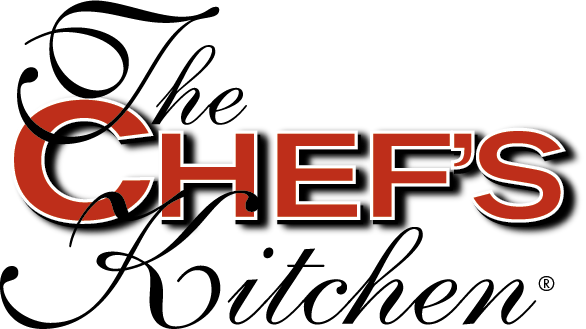Stone Fruits
(4-6 mos.) *Dependent on variety
A good source of dietary fiber, stone fruits are easy to digest, providing a natural remedy when your little one has belly issues. Calcium, potassium, phosphorous, vitamins A, C and folate make them a nutritious sweet treat you’ll be happy to serve. In addition to folate, expectant moms will benefit from the phosphorous. This mineral doesn’t only build strong bones, it strengthens kidney function, while contributing to tissue and cell repair. Stone fruits are a nice addition to any dish and a glorious dessert, as you’re adding nutrients and developing a unique flavor profile without unwanted calories.




